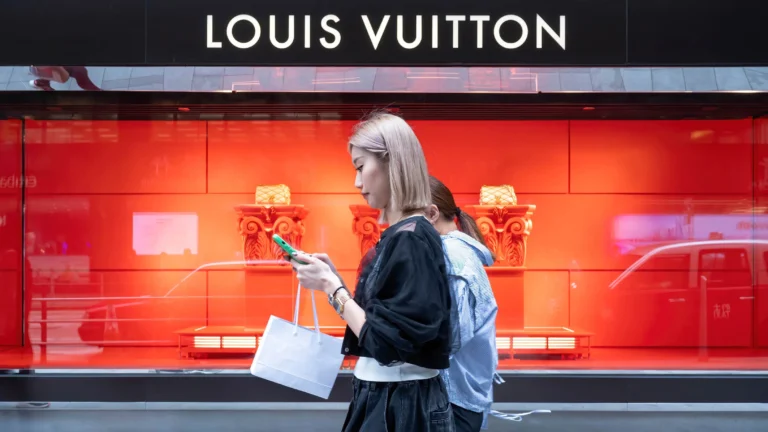Banking News – Chinese TikTok users are going viral for exposing what they allege is a hidden truth behind luxury fashion brands—many of which, they claim, use low-cost Chinese manufacturers while charging consumers premium prices.
The trend gained momentum amid ongoing tensions between the U.S. and China, especially after former U.S. President Donald Trump announced a 90-day pause on reciprocal tariffs for most nations—excluding China, whose tariff rate jumped from 84% to 125%. In retaliation, Chinese President Xi Jinping imposed equal tariffs on U.S. goods and introduced new export restrictions.
Amid this political backdrop, Chinese manufacturers took to TikTok to assert that a significant portion of high-end goods—including over 80% of luxury handbags—are actually made in China. These products are reportedly labeled as being made in Italy or France, misleading consumers about their origin.
The viral content not only reveals these alleged supply chains but also offers viewers tips on how to purchase similar goods at much lower prices directly from manufacturers.
However, the claims have stirred controversy. Fashion historian Cora Harrington cautioned that such comparisons can mislead consumers, tweeting, “The thing about videos saying a knockoff product is exactly the same as a more expensive product is that most people don’t know what they’re looking for, which makes them incredibly easy to scam.”
Meanwhile, some influencers have claimed their accounts were suspended after brands like Hermès reportedly filed complaints—raising questions about trademark protection versus transparency.
Hermès has denied the allegations, telling Newsweek: “Hermès bags are crafted exclusively in our ateliers in France by highly trained artisans. We do not outsource production of our leather goods to China or any other country. Any claims suggesting otherwise are categorically false and may be the result of counterfeit misinformation.”
Further reports from Bloomberg suggest that other major brands such as Nike and Lululemon are also being scrutinized, with manufacturers offering products at a fraction of retail prices.
The controversy continues to spark debate online, raising questions about transparency, pricing, and ethical manufacturing in the global luxury market.



 About Us
About Us
Comment